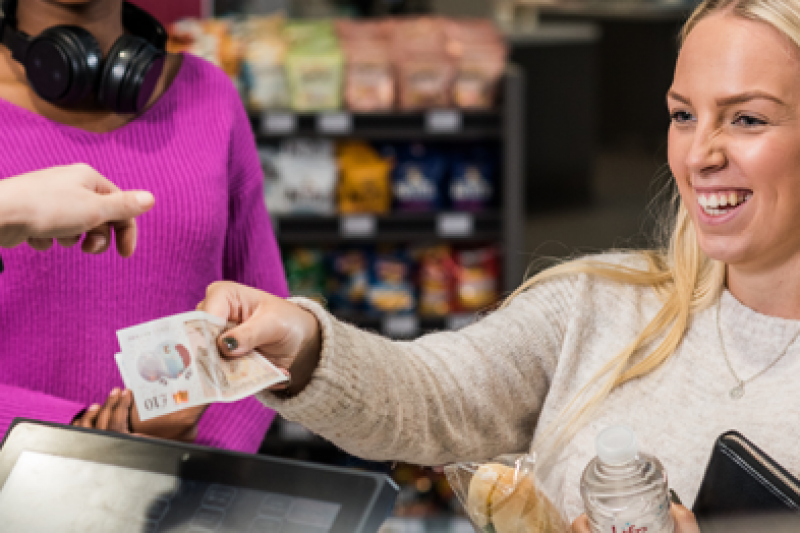It's common for there to be a rise in scams that specifically target university students when starting university. These can be online, via social media and email, phonecall or text, or even someone knocking on your door, and are an attempt to gain access to systems or encourage students to disclose financial or personal information.
The scams often come disguised as communications from the the Student Loans Company, PayPal, Royal Mail, the government, Home Office, UK Visas & Immigration (UKVI), Police, HM Revenues & Customs (HMRC), and even BU services such as IT or the library.
These messages can look credible but may contain malicious links, attachments or lead to malicious websites - they may even ask for payment in Bitcoin. Malware can affect BU and personal devices which enables scammers to collect your online credentials or to use your identity, in some cases people have lost large amounts of money due to fraudulent emails.
Important: Please be aware that at BU we will never ask you for cash or ask you to meet with someone at a non-BU address.
Take five
If you receive a call or text asking you to act urgently, particularly if it claims to be from your bank, follow the #TakeFive advice below and watch the video to reduce the risk of falling victim to fraud and scam:
- Stop: Think before parting with your money or information
- Challenge: Could it be fake?
- Protect: If you think you’ve fallen for a scam contact your bank immediately.
Follow @TakeFive on Twitter, Facebook or Instagram and visit the Take Five website for up to date information.
What to do
If you think you may be affected by a scam or have any queries or concerns, you can contact IT Services on 01202 965515 (freephone 0808 196 2332), or get in touch with our AskBU Team or contact Bournemouth Police for further guidance and support.
Please note, if a crime is in progress, dial 999 - you can call both 999 and 101 from a landline or a mobile phone for free, even if you have no credit, and most smartphones allow you to make calls without unlocking the home screen.
Visit our IT security - stay safe online pages for more information on managing your passwords, securing your devices, reporting a security or data breach and social media awareness.


